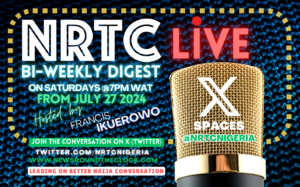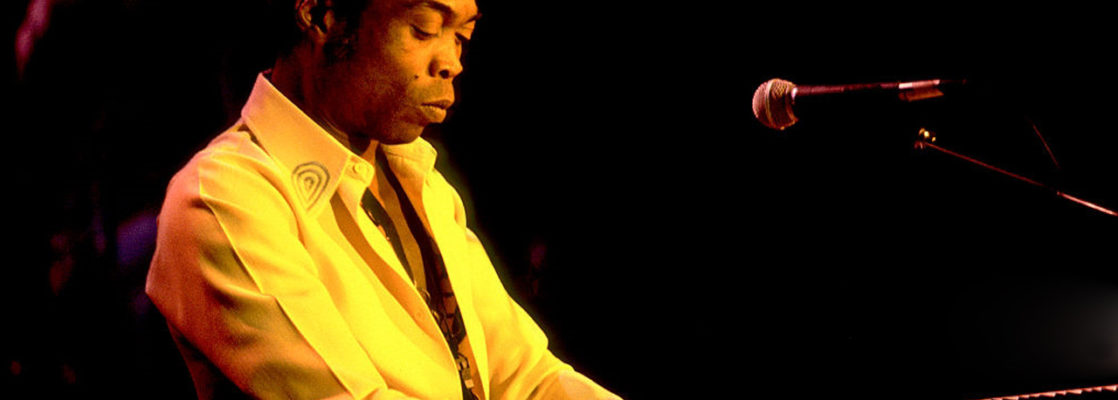
Afrobeats is currently one of the bestselling music genres across the globe. Take it or leave it, Afrobeats is already in it’s prime.
In 2019, American recording artiste, Beyonce worked with several Afrobeats artistes on the music project for Lion King movie. Beyonce bagged a Grammy award for the single, ‘Brown Skin Girl’, featuring the renowned Nigerian music superstar, Wizkid real name Ayodeji Balogun.
This marked the beginning of a new era. Artistes such as Burna Boy, Mr Eazi, Yemi Alade and Ghana’s Shatta Wale all featured on the Lion King: The Gift project.
It’s no longer news that Afrobeats is fast becoming assessable primarily due to the enthralling composition and complexion of the genre; the Nigerian music industry has all the cool kids and every other scholar wants to eat on their table.
Indeed, the world wants to partake in the emergence of the Afrobeats combustion.
ALSO READ: Asake: Here is why Mr Money is a breath of fresh air in the music industry
The peak period of Afrobeats
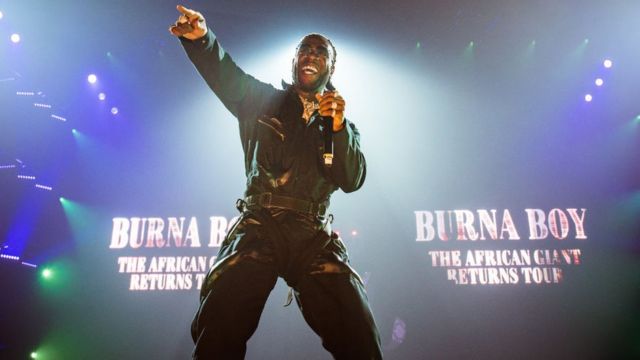
Take it or leave it, this is just the beginning of the golden era.
In March 2021, self-acclaimed African Giant, Burna Boy real name Damini Ogulu emerged the first-ever Nigerian-born solo artiste to clinch a Grammy award.
His album, Twice As Tall won the ‘Best Global Album’ category.
A year prior, his album, African Giant failed to win the same category after Beninoise singer Angelique Kidjo took home the award for a record five-times.
In the same night of Burna Boy’s victory, his colleague Wizkid, another modern day Afrobeats icon won an award for his contribution on Beyonce’s ‘Brown Skin Girl’.
These achievements aided in the propagating the cadence of the Nigerian music industry.
Further, the respective wins were significant in helping to redefine the perception of the music industry in Nigeria.
The success indeed opened the gateway for more collaborations with international artistes. Justin Bieber jumped on Wizkid’s ‘Essence’ also featuring Tems, while Ed Sheeran made sure he featured on Fireboy DML’s ‘Peru’.
Apparently, the Nigerian music industry is just getting started.
At the 2022 Grammy award, Wizkid and Burna will be looking to add to their already impressive cabinet.
It’s a win for the stars; a badge of honor for the Afrobeats culture; albeit, the Nigerian community is falling apart and the musicians seem to be more entangled in their own success.
Indeed, the Nigerian entertainment has continued to push boundaries of content, technical creativity, and freedom; however, the Afrobeats superstars almost never talk the struggles; incessant killings, and turmoil of their listeners.
Indeed, music is a form of solace and escape, but the question must be asked, do these successful artistes ever discourse with the political heads on how the nation can be made better?
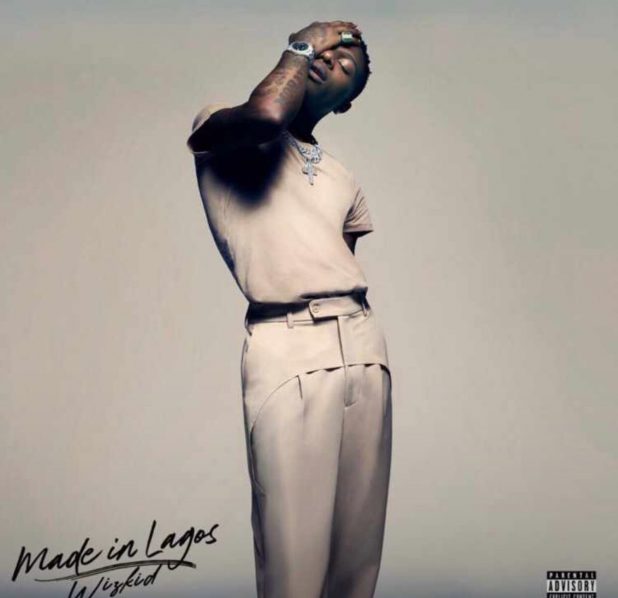
ALSO READ: Rave & Roses: Rema’s debut album will transition Afrobeats
It would be interesting to note that Afrobeats emerged from a place of suffering, pain, and turbulence. This is the true origin of Afrobeats.
Fela Anikulapo-Kuti: The godfather of Afrobeats
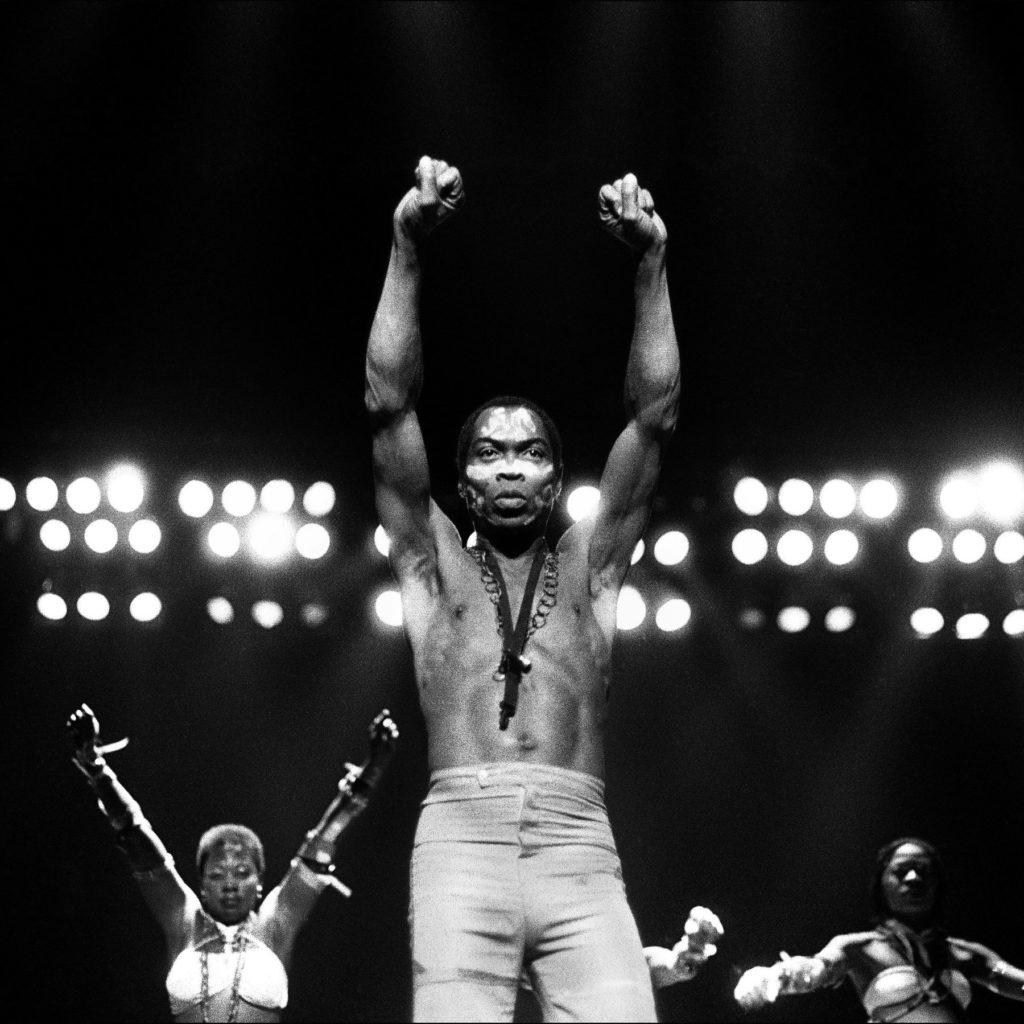
As stated earlier, Afrobeats was established from a place of pain; an aching heart and soul that wants to discuss the injustice suppressing the common man and the nation.
Fela Anikulapo-Kuti, real name Fela Ransom-Kuti a multi-instrumentalist and nationalist is the pioneer of Afrobeats; a genre that would go on to define a generation.
In his youth, he burdened himself to talk about the insensitivity of the establishment and the authorities; grabbing the bull by it’s horn; he used his music to wage war against authorities.
He became the voice of the voiceless.
Through his music, he discussed controversial topics that are considered a suicide mission.
A daredevil, Fela lost his mother, Funmilayo Ransome-Kuti; the first woman to cruise a vehicle in Nigeria during a military outburst in his compound. She was reportedly thrown out of window, she died of the injuries sustained during the attack.
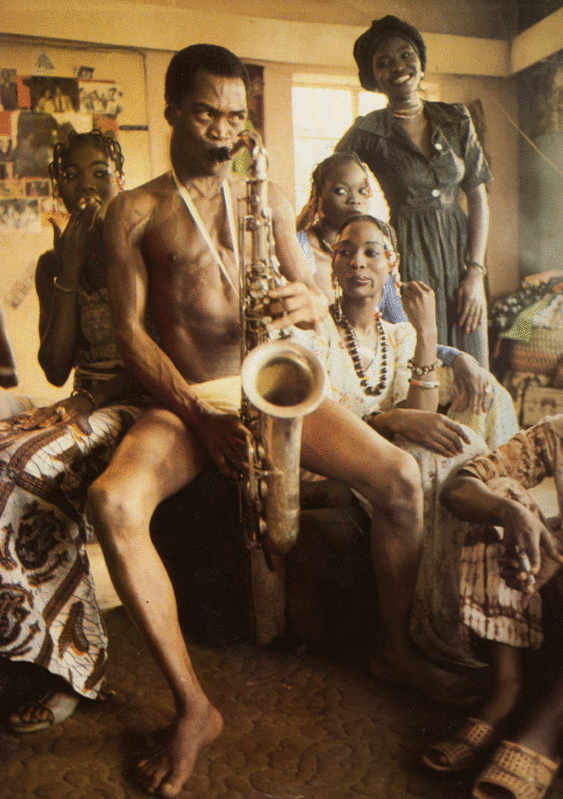
Fela was beaten, bruised and continuous assaulted by the authority until he passed away in 1997.
The Afrobeats connoisseur did not only speak his truth, but he also made sure he spoke about the ill treatment of Nigerian citizens. He lived through every word he uttered amid dripping in sweat on stage.
Till this day, his legacy can never be replicated though several have tried to imitate his conceptual framework, ideologies, and philosophies, they have failed primarily because they do not have the common man’s interest at heart.
The modern artiste is more interested in hedonism, epicureanism and ‘making out of their mothers house’, no disrespect.
Does the modern-day artiste care about humanity?
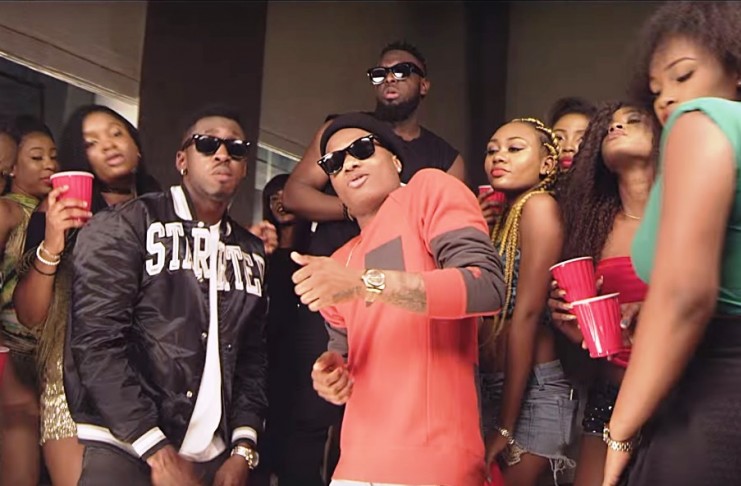
The singer Falz has made attempt to speak about the societal ills on his music project.
As a matter of fact, his most recent project, Moral Instruction released in 2019 was primarily about incessant killing in the country, bribery and corruption, unemployment, and other societal mishap.
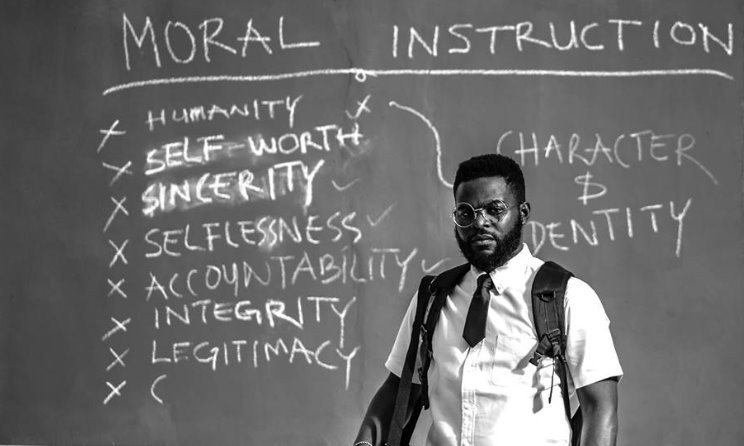
In modern times, he is the closest to demanding a change from the ruling party.
Other modern-day musicians have tried to become one-minute activist, but they failed massively because there isn’t much financial gain in it.
This is actually understandable.
The modern-day creatives are more particular about making money for themselves and becoming superstars. They could care less about the average citizen due to several reasons best known to them.
It is important to note that most celebrities in recent times only prefer to chase clouts; there can never be a ‘next Fela’, everyone is seeking for methodologies on to benefit from the system.
In the meantime, no one will talk about terrorism in the country, because they are afraid of losing their privileges; also their record deals. Further, no musician would openly criticize because election is coming, and they know how much they amass from these political rallies.
Singer Timi Dakolo openly stated that he is seeking financial gains.
Therefore, let it be known that no modern-day musician aside from the likes of Falz and Burna Boy truly want to see any form of significant in the country.
Let it be known that every Afrobeats star wants to become a music icon and not necessarily a voice for the voiceless.
There can never be another Fela, take it or leave it; there will never be any other person like Abami Eda (the spiritual being), the godfather of Afrobeats.
Discover more from News Round The Clock
Subscribe to get the latest posts sent to your email.


